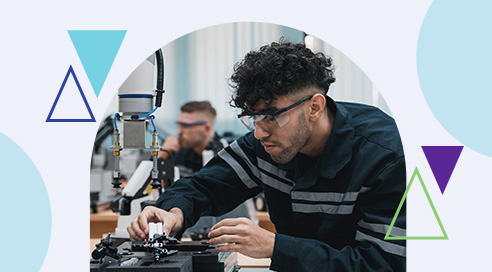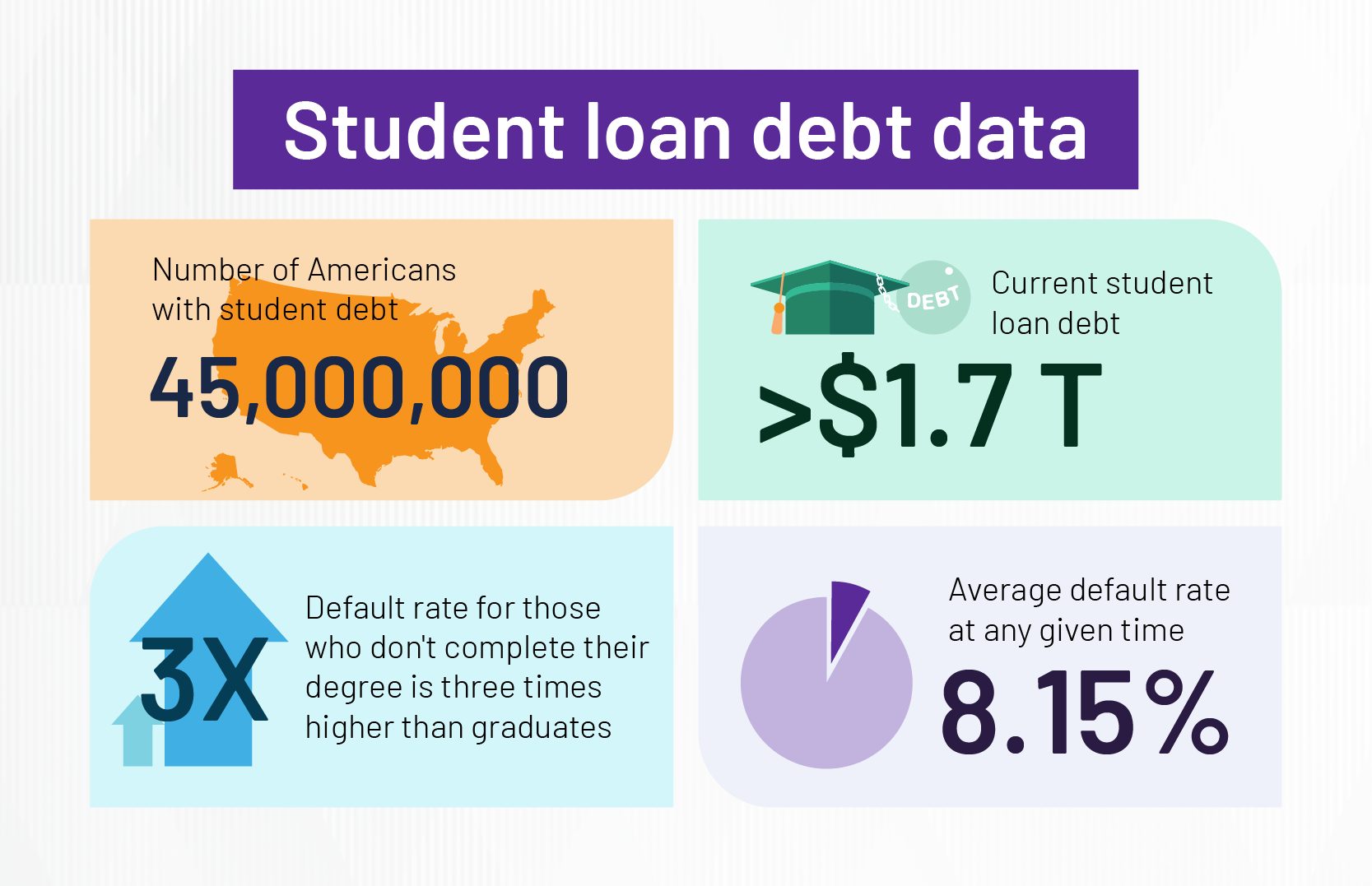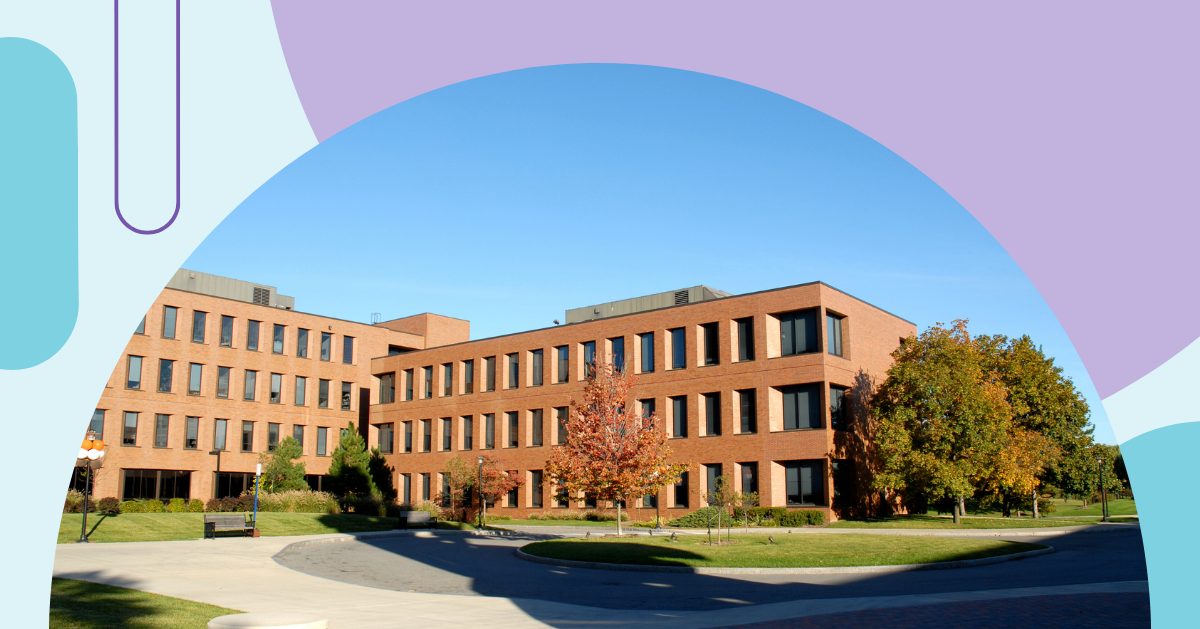The concept of growth mindset has been researched over the past two decades, helping professionals in both education and business understand the opportunities and pitfalls behind increasing achievement. For students, especially as they are undergoing remote schooling, a growth mindset can be necessary for student success. Yet, how can institutions proactively foster and promote a growth mindset, empowering students to learn and progress?
Growth Mindset Versus Fixed Mindset
First, it is important to understand the difference between a fixed mindset and a growth mindset. Fixed mindsets tend to believe intelligence is a set trait that has no room for growth. Those with a fixed mindset avoid situations that they are not confident in or do not feel like they will succeed, focusing only on tasks or situations that they are proficient and skilled in. Whereas, a growth mindset takes a different approach of believing intelligence and skills can be developed and enhanced through learning from mistakes and challenging themselves with hard work and continued effort.
For students, many experience setbacks at some point in their educational journey, whether that be failing a test or a class, switching majors, or wondering if college is right for them. Even though setbacks are frustrating and discouraging, they can also empower students, teaching them to learn and grow from these obstacles, and ultimately, turn them into opportunities for the future.
Thus in order to foster and promote a growth mindset on campus, it is important to be able to proactively assess the mindset of a student using predictive methods. Research has shown that having a growth mindset is a significant factor when predicting student outcomes. Thus determining ways to proactively assess the mindset of a student can assist an advisor with identifying students early on that may benefit from mindset interventions. A great deal of effort should be put into collecting and analyzing the measurable characteristics often associated with having a growth mindset and considering how predictive methods can assist in evaluating if an interaction should occur and if so, how and when that interaction or intervention should occur.
Fostering Growth Mindset
Encouraging a growth mindset for students is easier said than done. In fact, explicitly telling students how to think can cause the opposite effect. Instead, motivating students requires effort beyond encouragement and praise. Educators and administrators should emphasize trying new things, learning from mistakes, and encouraging students to reach out for support.
It is also important to understand that other characteristics, such as socioeconomic factors, influence the level of success a student may experience and that these effects may affect Growth and Fixed mindset students differently. For example, research has shown having a growth mindset is a much stronger predictor of student success in low-income students, suggesting that having a growth mindset for students with varying socioeconomic backgrounds may lead to varying levels of success and failure. Thus incorporating mindset assessments into more generalized student success models provide more accurate predictions and can better inform if, when, and how an interaction should occur.
Using these insights Higher education institutions can focus on helping students recognize their setbacks and develop strategies for overcoming challenges while taking proactive steps to ensure future success. For example, a failing grade may result in students initially ignoring the consequences or hoping next time will be better without any direct action towards ensuring better results. Instead, students need to confront their setbacks and learn what differences they can make. Teaching students about a growth mindset is just one way to provide insight to students. Additionally, incorporating conversations about struggles students are facing and how to overcome them can be another way to connect with students, providing actionable strategies to develop a growth mindset for student success.
Challenges of a Growth Mindset
The concept of not having a growth mindset can easily turn into educators blaming students for not trying hard enough or not caring enough about their educational journey. Instead, fostering a growth mindset is more than telling students to try harder, it is a critical tool in helping students succeed, especially when they face an obstacle. To do so, educators and administrators must provide students with strategies for asking for help or developing a plan for handling obstacles.
Additionally, students may face challenges of adopting a growth mindset if the advisor or administrator helping them does not have a growth mindset themselves. Having a fixed mindset can impact interactions with students, especially those who are succeeding. Typical phrases such as “you’re so smart” or “you know what you are doing” can be detrimental to encouraging the process of learning and growing. Instead, educators must be cognizant of their own mindsets and provide advice and resources to encompass growth.
Promoting a growth mindset for student success cannot be accomplished in one day. Instead, it requires ongoing research, predictive methods and strategic planning for fostering students to learn and expand their skills and knowledge. With continual support for students, institutions will be able to not only enhance a student’s mindset but can also be a successful part in increasing student retention and degree completion.
This article was originally published in Inside Indiana Business on April 14, 2021.















































































































































































































































































































































































































